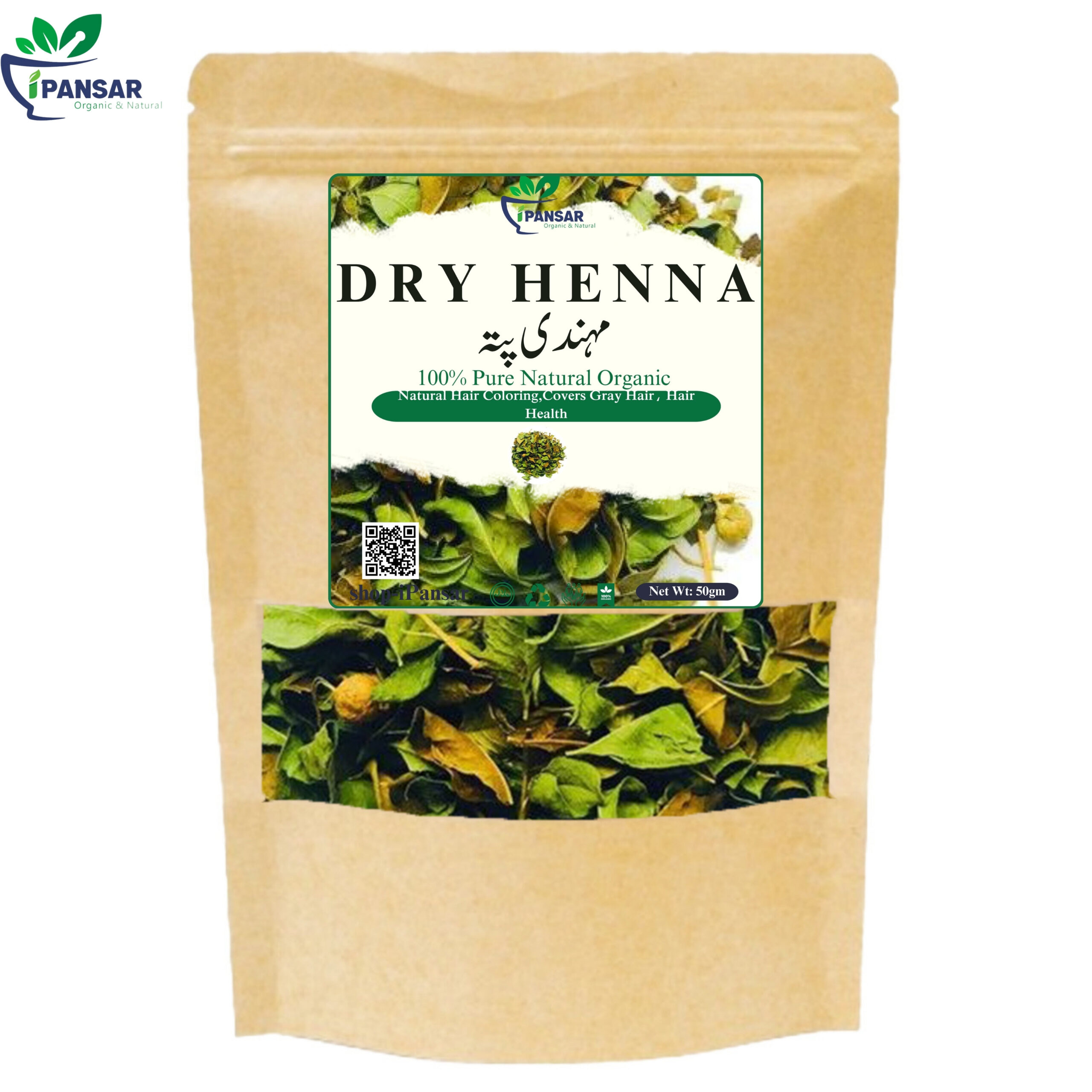Henna is a plant. The leaf is used to make medicine. Historically, henna has been used for severe diarrhea caused by a parasite (amoebic dysentery), cancer, enlarged spleen, headache, jaundice, and skin conditions. These days, people take henna for stomach and intestinal ulcers. Henna is sometimes applied directly to the affected area for dandruff, eczema, scabies, fungal infections, and wounds. In manufacturing, henna is used in cosmetics, hair dyes, and hair care products; and as a dye for nails, hands, and clothing.
Key Benefits:
Heena is primarily used as a natural plant hair dye. Henna has antifungal properties, making it beneficial for those suffering from dandruff, hair loss, and other microbial issues. Henna helps reduce premature greying of hair because it contains tannins, a plant compound found in teas that contributes to their rich coloring.The antipyretic properties of henna may also help to reduce fevers. Extremely high fevers as a secondary symptom of another condition can be harmful to organ function and metabolic processes. It is critical to bring the body’s temperature down, and henna may be able to help by inducing sweating and thus effectively breaking the fever, or simply cooling the body and providing some relief.Henna mixed with eggs makes a good hair conditioner as it has hydrating compounds and removes excessive sebum. Make a hair pack using henna and any hydrating ingredient and apply it on the hair for a specific time. It will give you silky smooth hair in days.Everyone knows about the benefits of henna for hair growth and strength. It helps prevent breakage of the hair cuticle and improves the shine and strength of the hair. It clears out dandruff from the scalps and hair.





Reviews
There are no reviews yet.